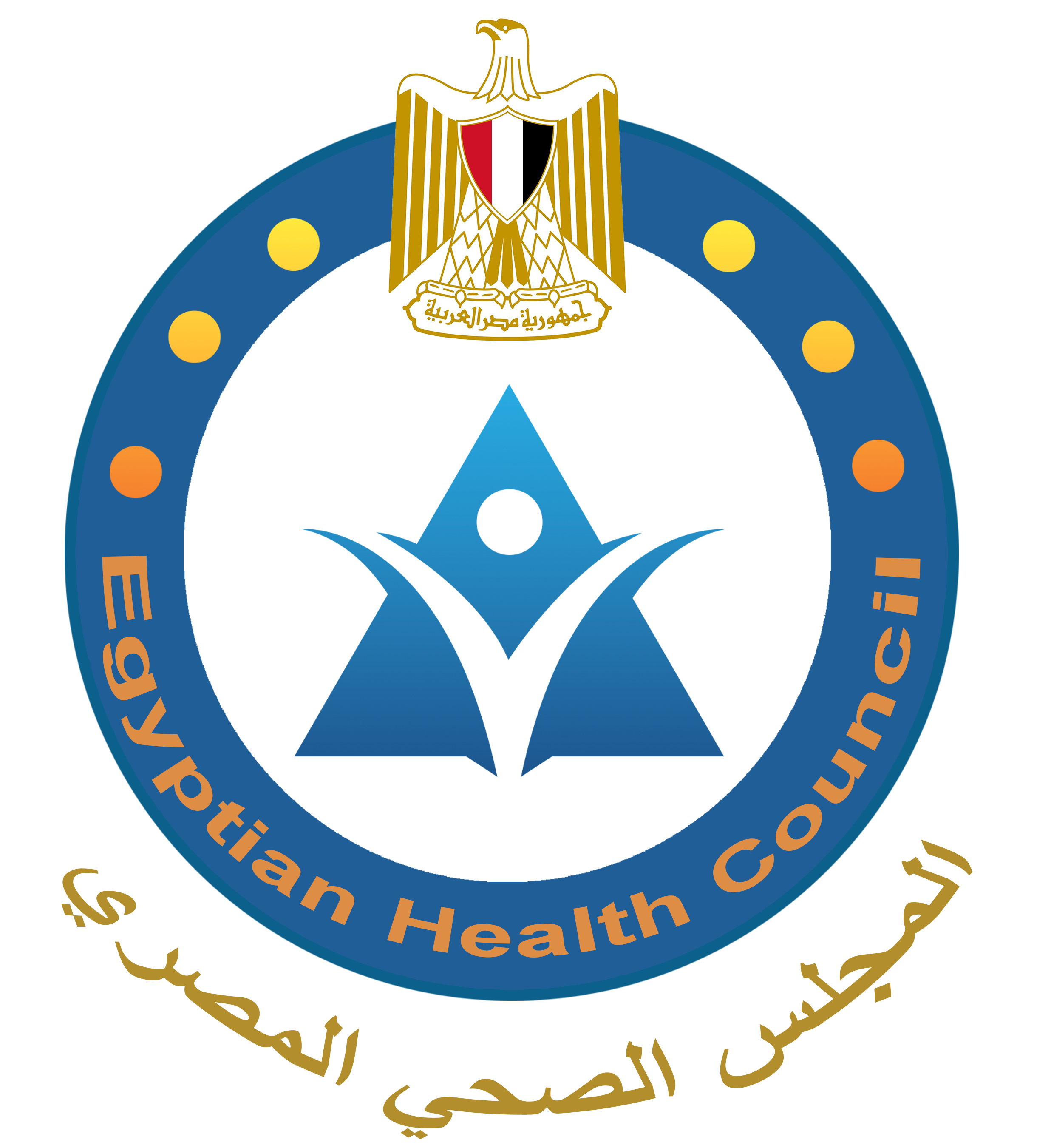
Tinnitus (ORL) ECPG
"last update: 10 June 2024"
- Recommendations
The following statements and flowchart were adapted from the Guidelines from the American Academy of Otorhinolaryngology-Head and Neck Surgery which received the highest scores as regards the currency, contents, and quality.
Recommendations statements

|
Clinical question |
Key action statement |
Strength of recommendation Recommendation |
Level of evidence |
Study typeRefernce |
|
Definition of Tinnitus
|
A condition described as ringing, buzzing, clicking or pulsating noise perceived only by the patient(subjective) or the examiner and the patient objective. it may be without an aberrant cause (Primary) or due to a specific cause (Secondary). |
Strong Recommendation |
Moderate |
RCT8 |
|
History and physical exam
|
Clinicians should perform a targeted history and physical examination at the initial evaluation of a patient with presumed primary tinnitus to identify conditions that if promptly identified and managed may relieve tinnitus. |
Strong Recommendation |
Moderate |
RCT9-11 |
|
Bothersome tinnitus
|
Clinicians must distinguish patients with bothersome tinnitus from patients with no bothersome tinnitus. |
Strong Recommendation |
Moderate |
RCT12,13 |
|
Persistent tinnitus
|
Clinicians should distinguish patients with bothersome tinnitus of recent onset from those with persistent symptoms (≥ 6 months) to prioritise intervention and facilitate discussions about natural history and follow-up care. |
Strong Recommendation |
Moderate |
RCT14 |
|
Prompt Audiologic Examination
|
Clinicians should obtain a prompt, comprehensive audiologic examination in patients with tinnitus that is unilateral, persistent (≥ 6 months), or associated with hearing difficulties. |
Strong Recommendation |
Moderate |
RCT15 |
|
Routine Audiologic Examination
|
Clinicians may obtain an initial comprehensive audiologic examination in patients who present with tinnitus (regardless of laterality, duration, or perceived hearing status). |
Conditional recommendation |
High |
Well-organized RCT16 |
|
Imaging studies
|
Clinicians should obtain imaging studies of the head and neck in patients with tinnitus especially if they have 1 or more of the following: tinnitus that localizes to 1 ear, pulsatile tinnitus, focal neurological abnormalities, or asymmetric hearing loss.( MRI temporal bone with contrast with special emphasis on IAC and CPA to exclude retrocochlear lesion, CT temporal bone to exclude dehiscent jugular vein, dehiscent carotid canal, glomus, or other causes and MRI with contrast and MRA to exclude vascular loop). |
Strong Recommendation |
High |
Systematic review17 |
|
Education and Counselling
|
Clinicians should educate patients with persistent, bothersome tinnitus about management strategies. |
Strong Recommendation |
High |
Systematic review18 |
|
Hearing aid evaluation
|
Clinicians should recommend a hearing aid evaluation for patients with hearing loss and persistent, bothersome tinnitus. |
Strong Recommendation |
High |
Systematic review19 |
|
Sound therapy
|
Clinicians may recommend sound therapy to patients with persistent, bothersome tinnitus. |
Strong Recommendation |
Low |
Observational studies20,21 |
|
Cognitive behavioural therapy (CBT)
|
Clinicians should recommend cognitive behavioural therapy to patients with persistent, bothersome tinnitus. |
Strong Recommendation |
High |
Systematic review22 |
|
Medical therapy
|
Clinicians can recommend antidepressants, anticonvulsants, or anxiolytics for a primary indication of treating persistent, bothersome tinnitus (Neramexane, Vestipitant alone or in combination with paroxetine, acamprosate, and dietary zinc supplements). |
Conditional recommendation
|
Low |
Observational study23 |
|
Dietary supplements
|
Clinicians can recommend Ginkgo biloba, melatonin, zinc, or other dietary supplements for treating patients with persistent, bothersome tinnitus. |
Conditional recommendation |
High |
Well-organized RCT24 |
|
Acupuncture
|
No recommendation can be made regarding the effect of acupuncture in patients with persistent bothersome tinnitus. |
Strong Recommendation |
High |
Systematic review25 |
|
Intratympanic injection
A-Intratympanic steroids
B- Intratympanic lidocaine
C- combined Intratympanic steroids and lidocaine
|
Clinicians should have enough experience with Intratympanic injection. Intratympanic injection should be done once weekly for 3-5 times. Intratympanic steroids should be used in acute tinnitus, cases with sudden SNHL and cases with SNHL not more than 30 dB. Intratympanic lidocaine should be tried only for chronic tinnitus. The combination reduces the irritative effect of lidocaine. |
Conditional recommendation |
Moderate |
RCT26-28 |
|
Surgical treatment of tinnitus
|
Surgical treatment is offered for specific causes of tinnitus (e.g. glomus, vestibular schwannoma). |
Strong Recommendation |
Moderate |
RCT29 |



















